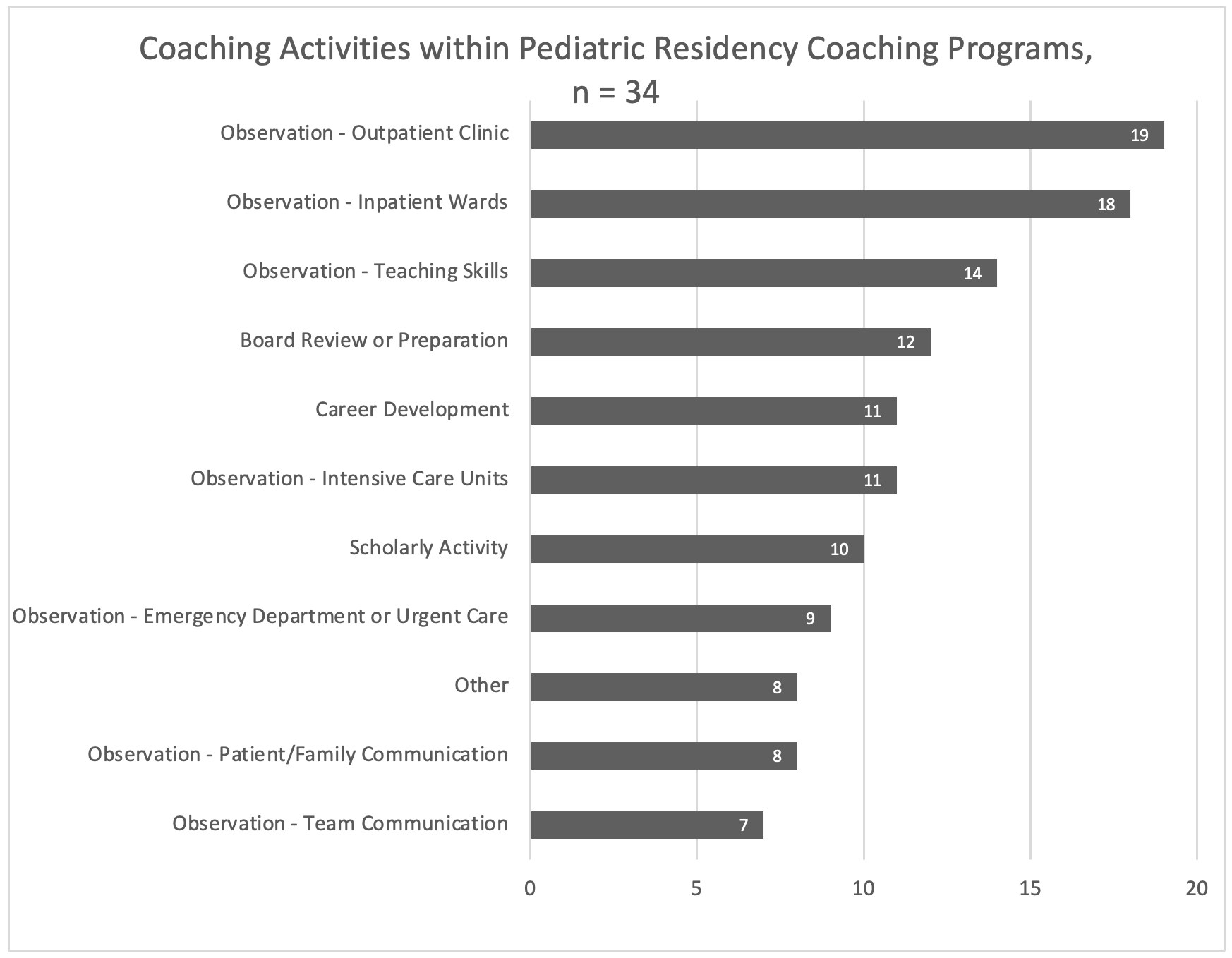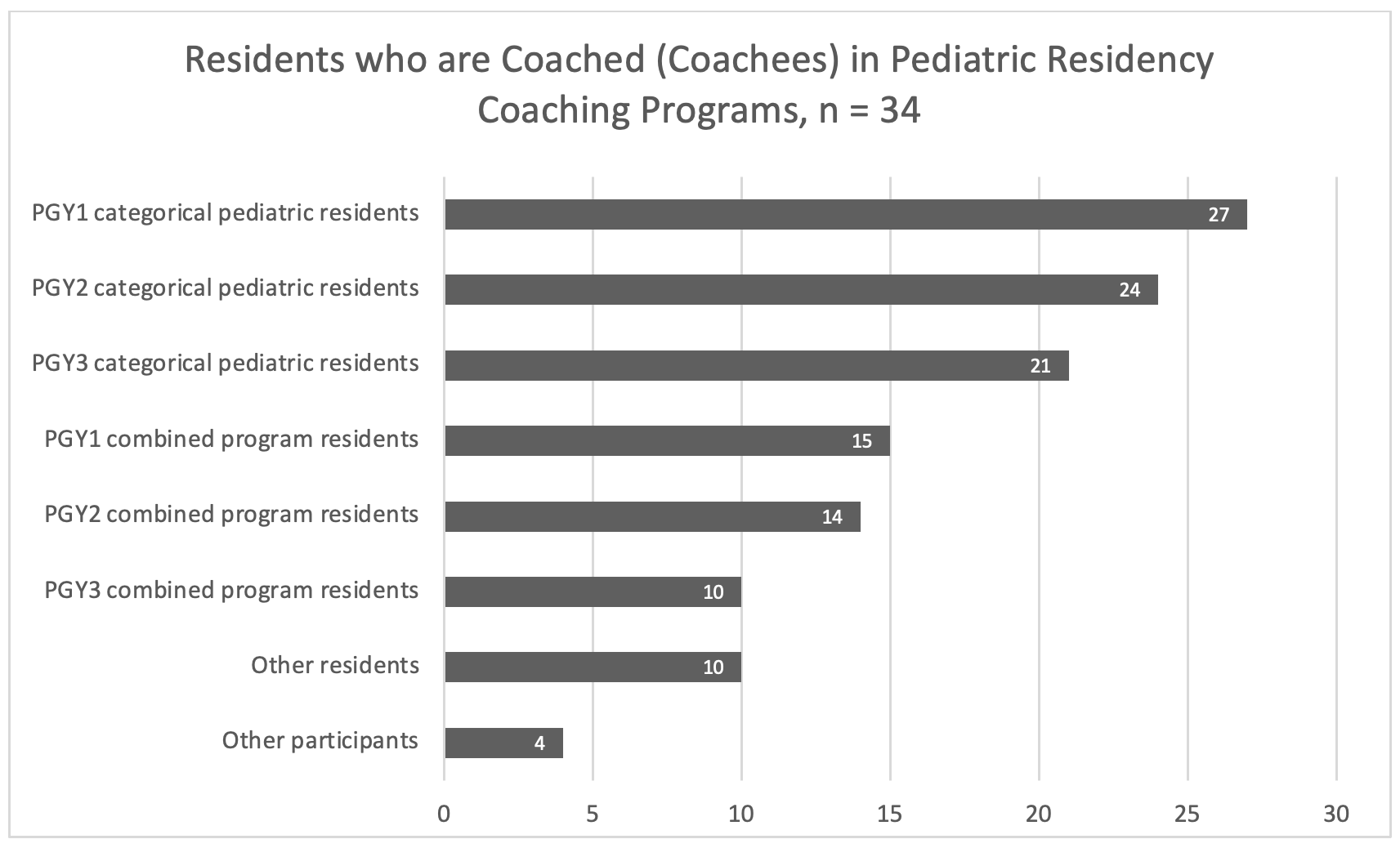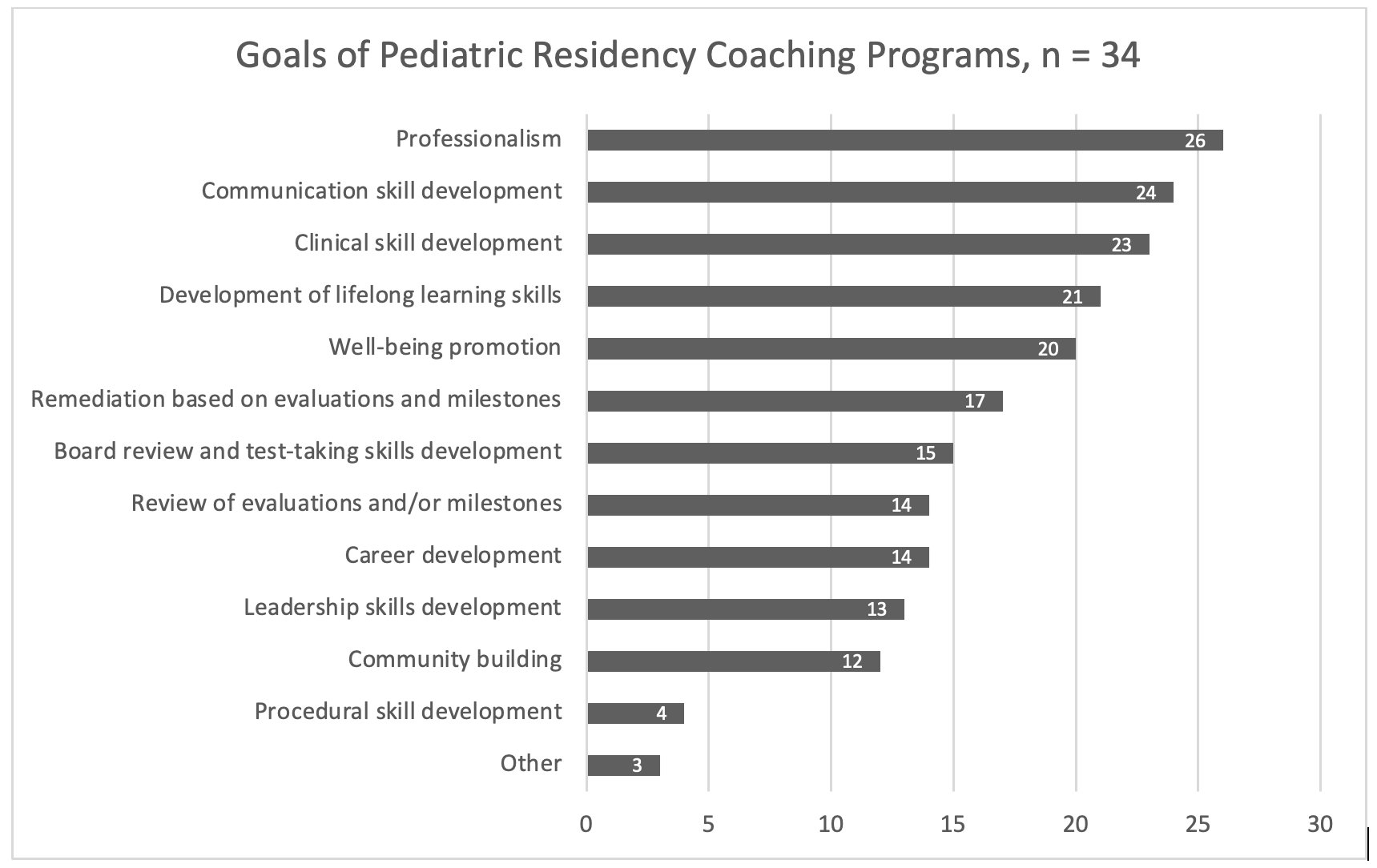Medical Education: Resident
Medical Education 1: Resident 1
462 - The National Landscape of Pediatric Residency Coaching Programs
Publication Number: 462.122
- MT
Matthew W. Thomas, MD (he/him/his)
Clinical Instructor
Johns Hopkins All Children's Hospital
St. Petersburg, Florida, United States
Presenting Author(s)
Background:
Coaching is an emerging approach within healthcare education for clinical and professional development. Coaching is guided by the principle that learning is never finished and that self-reflection, feedback, and goal-setting are essential to reach one’s maximum potential. Coaching in graduate medical education is gaining popularity, but there remains variation in the specific aims and implementation of coaching programs.
Objective: This study aims to describe the current landscape of coaching programs in pediatric residency programs, as well as define barriers and facilitators to coaching program implementation.
Design/Methods:
In September-October 2022, we conducted an IRB-approved, APPD-approved, de-identified cross-sectional survey of pediatric residency coaching program directors. Data were analyzed using descriptive statistics and content analysis.
Results:
46% (84/183) APPD-member programs responded. 40.5% (34) reported having a coaching program currently and 27.4% (23) reported considering development of a coaching program in the next 3 years. First-year residents are most commonly coached; however, most programs coach learners at multiple training levels. In most programs (79%), attending physicians serve as coaches, while 41% utilize learners (residents or fellows) and non-physicians as coaches. Top goals of coaching programs include professionalism (73.5%), communication skill development (67.6%), and clinical skill development (64.7%), whereas only 58.8% had the goal of promoting wellbeing and 50% remediation. 52.9% directly observe encounters in the outpatient clinic or inpatient wards, and 41% of programs coach teaching skills. Active coaching programs perceive benefit from enhancement of learner performance, early identification and support for learners who may be struggling, community-building and increased engagement between faculty and learners, and promotion of growth mindset. Primary challenges facing both established and developing programs included time available to coaches, funding for faculty support, availability of professional development activities, and faculty burnout. Among programs without plans to develop a future program, barriers to program development included lack of sufficient faculty, lack of faculty time, and uncertainty about the benefits of coaching over mentoring/advising.
Coaching is a growing approach in pediatric residency education, with at least 30% of programs with established or developing coaching programs. Participation may improve skill development, sense of community, and engagement for learners and faculty.
Conclusion(s): 


